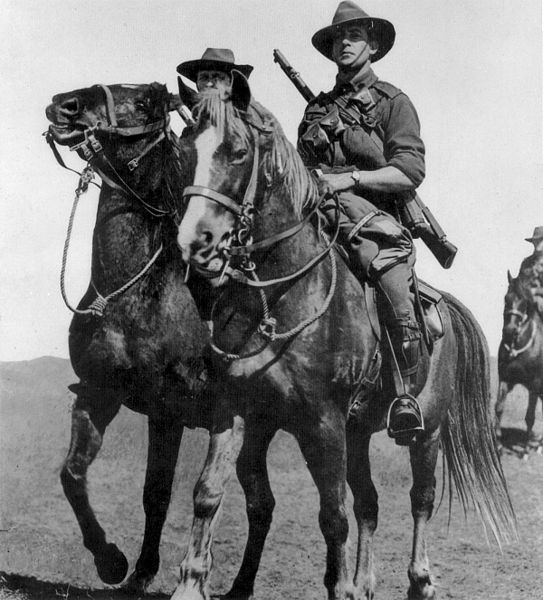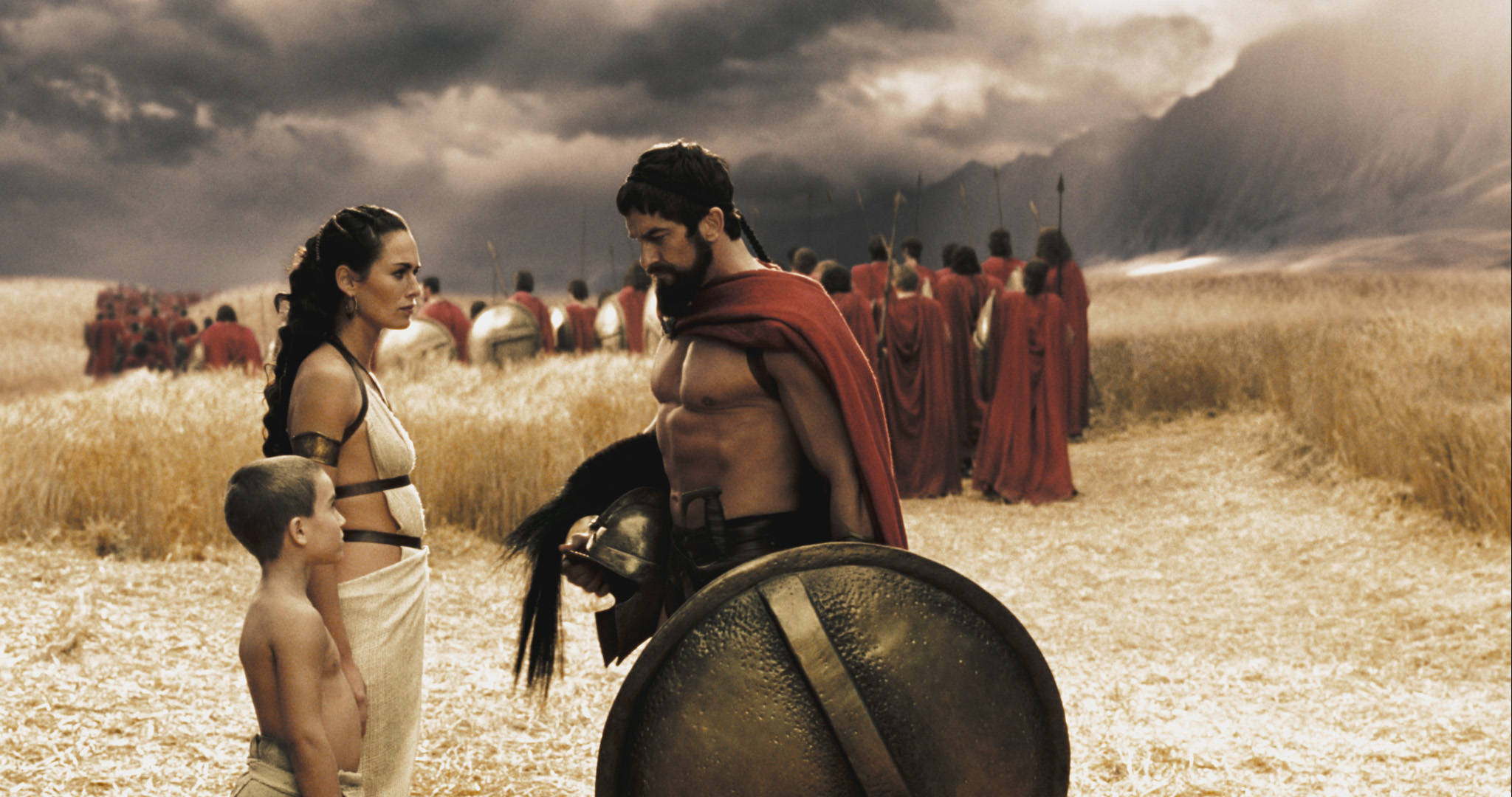It fills a geography niche, which is important in its own. But other than that there is so much more to Polynesian civs than just seafaring and colonizing islands, especially when it comes to the Maori, who live on big islands.
Polynesia fills a geography nice, a cultural niche, and most importantly a very big gameplay niche. Nobody else makes sense for specifically trying to colonize islands, and an individual Polynesian civ wouldn't fit that bill.
As for Australia I have other ideas for uniques for them:
Their unique unit should be the
Light Horseman.
For a unique infrastructure, I suggest going for another thing Australia is famous for - the Outback. So the infrastructure could be the
Station.
I'll take a look, thanks! I like the idea of the Outback Station, and I think the Australian Light Horse could result in gameplay that I want for Australia. Mostly I was trying to find things that were distinctly Australian and fit into the gameplay niches I needed, but I'm not super pleased with the Colonial Convict (it could just be part of the UA) and the Cricket Ground comes suuuuper late which I am never a fan of.
Well, another variation of your agenda could perhaps be less hard to befriend:
The old ways: Po'pay will strongly dislike civs that tries to convert their cities, but will like civs that produces a good deal of faith.
That agenda would present a very interesting dylemma for religious civs: Would you rather have an ally without your religion present in their cities, or would you rather make an enemy in exchange for a religious victory and more religious presence?
I like that your version has more of a dichotomy and thus choice, but I also liked that Po'pay gave me an opportunity to make a leader who's opinions will obviously change over time no matter what you do. Forcing the player to adapt to that is fun sometimes too, just as long as most leaders are manipulable.
Hmm, that's a good point. Forcing the player to make hard decisions for their mountain adyacent tiles sounds like good game design to me!.
Not necessarily hard decisions as in "I can only do this tile for one, which do I pick?", though that should still happen. There are also hard decisions in "how do I organize my district tiles and my Cliff Dwelling tiles in a way that accomplishes most of my goals?" and then deciding which goals you have to give up on with each method.
My idea behind the UA was to give the Pueblo a stronger combat bonus in just wars. If such an ability would be kept merely for deffensive wars, it would become too passive, for your will need another player to trigger this UA for you.
With the cassus belli system, however, you will be allowed to play a more active role with this UA, and it would also be fitting with the Pueblo history, since at least 2 of the in game Cassus Belli reasons were related to the historical revolt (reconquer your own cities, preserve your religion). Also, one has to consider that said Pueblo revolt was not an inmediate defensive war, but rather the long term consequence of many years under an unfair cease-fire.
Sure, though if you know people can't declare war on you, you can actively take advantage of that. But I agree in general.
And now, for my favourite American Native civ ever: the Incans!
Hmmmm, I am not entirely sold on that one. It seems like a mechanic prone to either snowballing or human exploits (deliberately delay your expansion in order to get the bonus).
You mean deliberately delay your teching so you have time to expand? I don't view that as a bad thing, though the AI won't be as smart as it as the human. But that's true of anything except boring straightforward bonuses.
As for snowballing, it depends. If you're ahead enough to expand, you're ahead enough to tech. You still need to expand "faster" than you tech. So the ability might actually be harder to get if you're already doing super well.
Sounds really, really good, as it forces you to choose what do you build in your mountain adyacent tiles very, very carefully. But in order to better tune it, you would also need to perhaps rebalance this one too:
Anden improvements would need to be really powerful in order to be able to compete against cheaper wonders / districts and their adyacency bonuses, me thinks. I think that perhaps a reformulation coupled with adyacency bonuses of their own (in order to match those of districts) could be in order:
Unique Improvement: Anden
Unlocks at Engineering tech. Must be constructed on a Hill adjacent to a Mountain. +2 food, and an additional +2 if adjacent to a resource with a Farm or Pasture. +1 housing per adjacent Mountain.
This way, you will need to choose which mountain adyacency bonuses do you want to save your mountains for: Science from scientific districts, faith from religious districts, or housing from Andens!
The reason why I didn't want to do that is because you are then working with all the same types of puzzle pieces, you just need to decide which one is prettiest. When they all fit into the slot the same way, there's much less nuance.
So what I have here is that you'll want the absolute best spots for a Campus or Holy Site...most of the time. Sometimes, that spot is the best one for the Anden because it gets the adjacency with the resource! Which resources can I harvest (to get more District spots) while still getting the most out of my Andenes? Figuring out when and where you want the 20% production boost for non-mountain-adjacency-bonus districts and when/where you want the Andenes is the rest of the puzzle. How do I place these so they don't interfere with each other? When they do, which one do I want right now?
If they always interfere, then people will create hierarchies of "always do this in case A, always do this in case B" very quickly. By having them be different types of boosts with different conditions, we create an interlocking puzzle with various degrees of difference. Instead of case A (I like science), case B (I like faith), and case C (I want housing), you have case A (I can get science and food if I do it this way), case B (I can get faith and food if I do it this way), case C (I can get culture and more food if I do it this way), case D (I can get science and more food but less housing if I do it this way), case E (I can get more housing, some food, and a little bit of science), and so on.








